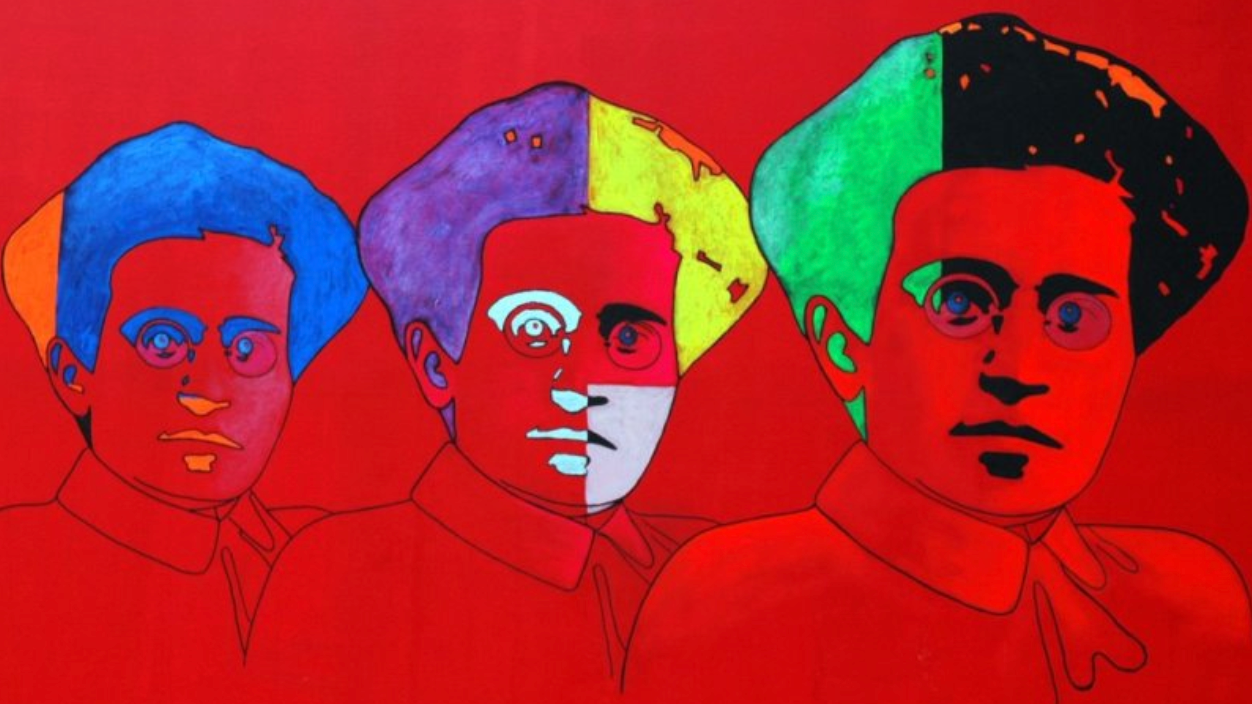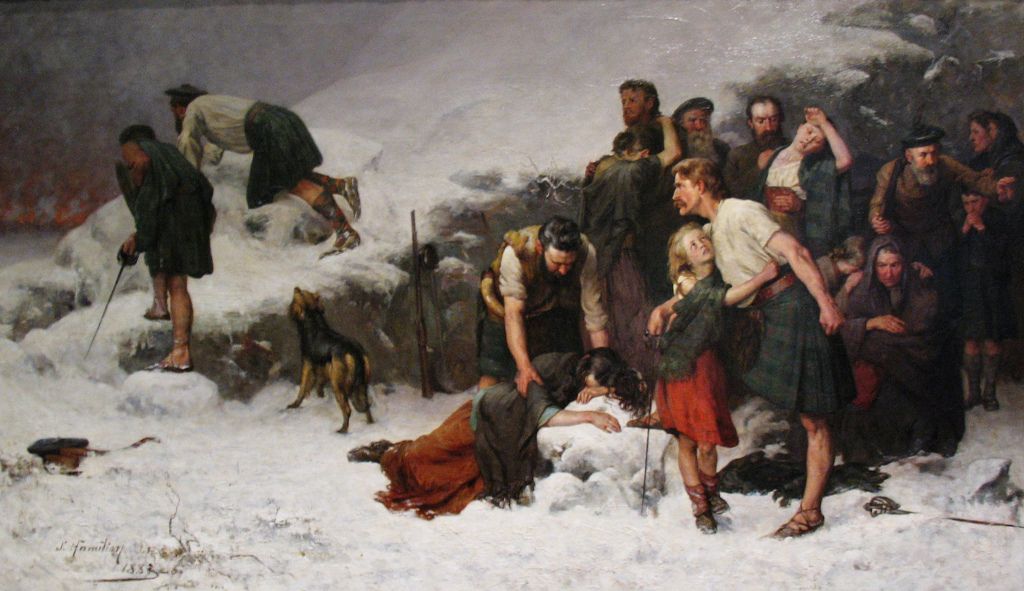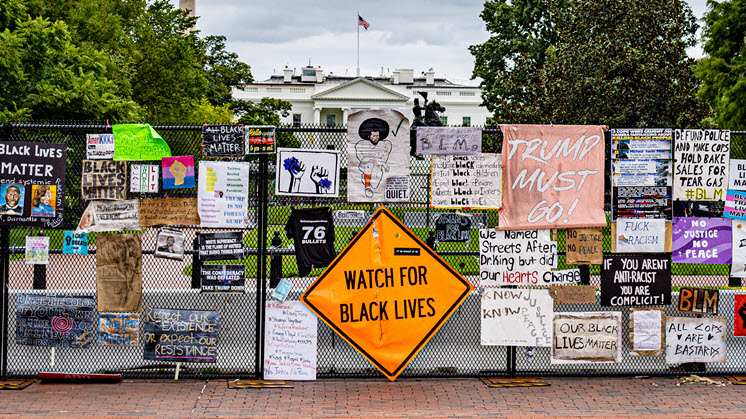State Formation
Reading Antonio Gramsci’s Prison Notebooks
Online: Zoom link will be provided to registered participantsWe continue to study selected passages from Antonio Gramsci’s Prison Notebooks. We delve into key themes and concepts related to civil society and state: politics and the arts, racism, class and gender, religion, linguistics, and other methods of analysis, critical theory, mass media, and cinema, hegemony, and subaltern studies, as well as the role of intellectuals and activists in discovering new methods and languages to be transformative.
Reading Antonio Gramsci’s Prison Notebooks
Online: Zoom link will be provided to registered participantsWe continue to study selected passages from Antonio Gramsci’s Prison Notebooks. We delve into key themes and concepts related to civil society and state: politics and the arts, racism, class and gender, religion, linguistics, and other methods of analysis, critical theory, mass media, and cinema, hegemony, and subaltern studies, as well as the role of intellectuals and activists in discovering new methods and languages to be transformative.
Reading Antonio Gramsci’s Prison Notebooks
Online: Zoom link will be provided to registered participantsWe continue to study selected passages from Antonio Gramsci’s Prison Notebooks. We delve into key themes and concepts related to civil society and state: politics and the arts, racism, class and gender, religion, linguistics, and other methods of analysis, critical theory, mass media, and cinema, hegemony, and subaltern studies, as well as the role of intellectuals and activists in discovering new methods and languages to be transformative.
Reading Antonio Gramsci’s Prison Notebooks
Online: Zoom link will be provided to registered participantsWe continue to study selected passages from Antonio Gramsci’s Prison Notebooks. We delve into key themes and concepts related to civil society and state: politics and the arts, racism, class and gender, religion, linguistics, and other methods of analysis, critical theory, mass media, and cinema, hegemony, and subaltern studies, as well as the role of intellectuals and activists in discovering new methods and languages to be transformative.
Reading Antonio Gramsci’s Prison Notebooks
Online: Zoom link will be provided to registered participantsWe continue to study selected passages from Antonio Gramsci’s Prison Notebooks. We delve into key themes and concepts related to civil society and state: politics and the arts, racism, class and gender, religion, linguistics, and other methods of analysis, critical theory, mass media, and cinema, hegemony, and subaltern studies, as well as the role of intellectuals and activists in discovering new methods and languages to be transformative.
Reading Antonio Gramsci’s Prison Notebooks
Online: Zoom link will be provided to registered participantsWe continue to study selected passages from Antonio Gramsci’s Prison Notebooks. We delve into key themes and concepts related to civil society and state: politics and the arts, racism, class and gender, religion, linguistics, and other methods of analysis, critical theory, mass media, and cinema, hegemony, and subaltern studies, as well as the role of intellectuals and activists in discovering new methods and languages to be transformative.
Blood and Fire: The Violent Origins of Capitalism
Online: Zoom link will be provided to registered participantsJoin the MEP's Capital Study Group in a four-week study of the concluding section of volume I of Marx's Capital, which discloses the widespread violence and dispossession - in both Europe and colonized areas - that accompanied the emergence of capitalism.
Late Fascism: a Conversation With Alberto Toscano
Video available on YouTubeIn 'Late Fascism' Alberto Toscano asks, how should we name, map and respond to the present state of affairs where the forces of authoritarianism and reaction seem to have the upper hand? Drawing especially on Black radical and anticolonial theories of fascism, Toscano makes clear the limits of associating fascism primarily with the kinds of political violence experienced in past European regimes. He argues that we should see fascism as a changing process, a threat anchored in racial and colonial capitalism, which continues to evolve in the present day.



